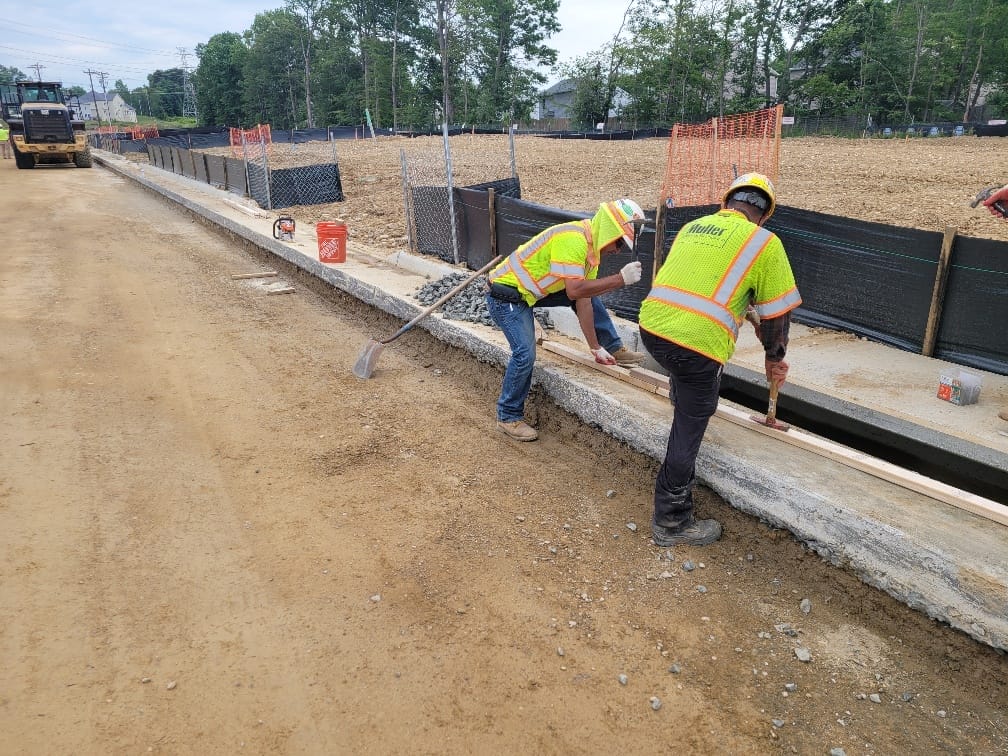The ability to track and understand costs is crucial to all businesses, and with the multitude of moving parts in the construction industry, it is particularly essential. Let’s explore some tips that can help make for a successful pre-construction budget.
There are eight tips for making sure a pre-construction budget is on plan:
1. Begin with a Budget That is accurate
If you do not have a plan in place, then you will almost certainly have doomed your project to failure before it has even begun. Too many projects begin with an estimate that is far too optimistic, and such estimates need to be put under much greater scrutiny.
For example, are there previous projects that provide evidence that a project can be completed to such an estimate? An understanding of prices is important to delivering a successful estimate and profitability is not guaranteed just by releasing an estimate that is based on current industry standards.
It is well worth spending time being upfront at this point, and this can be made even simpler and more accurate by leveraging data from historical estimates to feed estimates. All projects are different and have details that require individual consideration, tweaking, and accountability, but the estimate is much more likely to be accurate if a similar phase has previously been completed.
2. Have the Project Broken Up into Parts
Since estimates are usually broken up into scopes of work or phases, tracking in this manner makes sense and allows for performance data to build up for these scopes. That info can then be used to validate the accuracy of the next estimate and find any weak points within your service. If there is an issue with constant overspending on a particular aspect you may wish to contract out or raise the estimate next time.
3. Manage, Track, and Document Any Changes to the Project Scope
Projects will inevitably change, and managing and documenting those changes will significantly impact profitability. Your firm could easily be left responsible for additional project expenses if the necessary documentation to prove out a requested change order cannot be produced.
To make sure that does not happen, it is crucial to have a formal method of tracking, measuring, and reporting on changes as well as documenting the impact of that change on cost and scope.
4. Track the Time of Employees
Your team is the most valuable asset, as is the case in most firms It can be hard to ascertain the profitability of particular clients and projects without understanding time allocation Time tracking is, however, easy with the right software.
Many companies discover that some clients and projects are less profitable than they thought after implementing time tracking.
5. Be Aware of Actual Costs
It is vital for construction project managers to understand the true cost of labor and materials in order for them to make informed decisions about material types and employees. It can also help with making such decisions concerning the acquisition of cost savings, the use of alternative methods or materials, and finding creative ways of increasing productivity to understand the value of various components of the project.
6. Committed Costs
While many project-based companies understand the budgeted and actual costs, the lack of clear visibility on committed costs or raised purchase orders can be an issue. When done manually on different systems and processes, committed costs can be hard to pin down and results in projects going over budget and reducing profits.
7. Learn to Negotiate
It is crucial to negotiate with clients, subcontractors, and suppliers. The ability to work with others to increase productivity, get better pricing, and adjust project plans for cost savings or efficiency can help to ensure projects remain on schedule and on budget, if not under it.
8. Make Use of Project Accounting Practices
Project accounting is responsible for measuring the financial performance of particular projects and phases and necessitates the collection of vital data such as expense and time information throughout a project. Project accounting offers real-time data and provides companies with the financial insight they require to not just survive but thrive.
Muller, Inc. Knows How to Keep a Construction Project on Budget
It is vital to keep your construction project within budget and on track with no delays and to stay focused on the needs of clients to ensure the success and profitability of every individual project. This is why a pre-construction budget is important to get right and stick to throughout the project. Contact us or call today at 703-560-4040 to discuss your next construction project in the DMV area.

